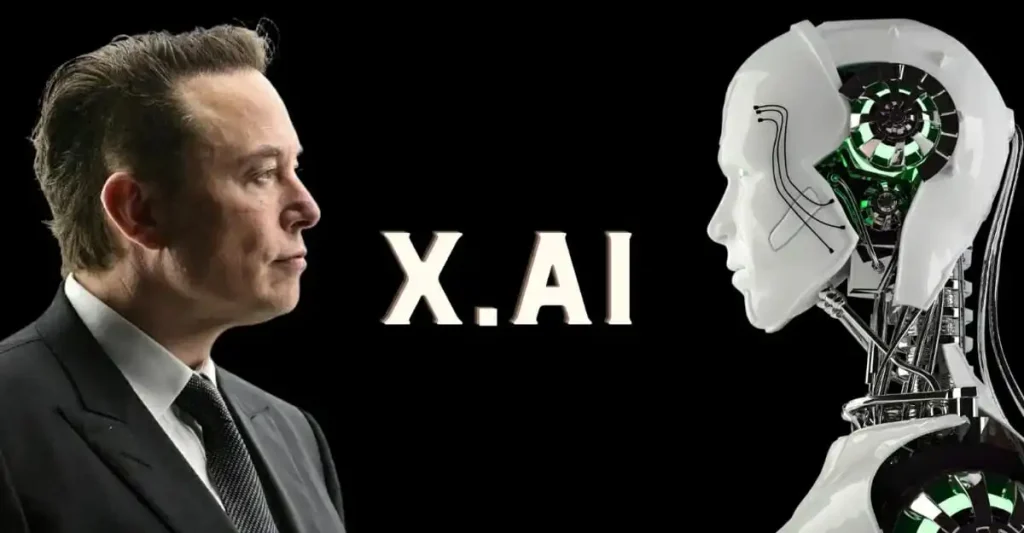The artificial intelligence landscape has been heating up for years, but recent legal developments have pushed it into even sharper focus. Elon Musk’s xAI, a relatively new entrant in the field, has officially filed a lawsuit against Apple and OpenAI, accusing them of antitrust violations. The case highlights growing concerns about monopolistic practices in the AI industry, where a few powerful companies are alleged to be consolidating control over critical technologies, platforms, and market access. At the heart of the case are questions about innovation, competition, and whether the future of AI will be open and diverse—or locked down by a handful of corporate giants.
The Basis of the Lawsuit
According to filings, xAI alleges that Apple and OpenAI have entered into anticompetitive agreements that effectively shut out rivals from key opportunities in the AI space. One major focus of the complaint is the integration of OpenAI’s ChatGPT directly into Apple devices, including iPhones and Macs, which xAI argues creates an unfair advantage by embedding a single provider’s services into the world’s most widely used consumer hardware. This partnership, xAI contends, undermines the ability of other companies to compete on merit, as consumers are nudged toward default AI options without meaningful choice.
The Role of Apple in the Dispute
Apple, long known for its tight control over its ecosystem, finds itself at the center of criticism for how it structures partnerships. By choosing OpenAI as its preferred AI partner, Apple has given ChatGPT near-universal visibility on its devices. xAI argues that this arrangement creates a de facto monopoly, where Apple users have little incentive or opportunity to explore alternative AI models. Moreover, Apple’s history of restrictive practices with its App Store—such as limiting third-party apps or charging steep fees—has only fueled accusations that its business practices stifle competition and innovation.
OpenAI’s Growing Power
OpenAI, once viewed as a nonprofit champion of safe and accessible AI, has transformed into a corporate powerhouse. Its partnership with Microsoft, massive infusion of capital, and growing dominance in the AI sector have raised eyebrows across the tech world. With ChatGPT already the most widely recognized consumer AI product, integration with Apple devices could cement its position as the default AI assistant for millions, if not billions, of people. xAI claims that this concentration of power not only harms competitors but also risks creating a closed AI ecosystem controlled by a few entrenched players.
Antitrust and Innovation Concerns
The central issue in this lawsuit is whether partnerships like the one between Apple and OpenAI harm competition in ways that violate antitrust law. Traditionally, antitrust regulation has sought to prevent companies from using their dominance to eliminate rivals or lock customers into closed ecosystems. xAI’s lawsuit argues that Apple and OpenAI are doing precisely that—leveraging hardware dominance and AI leadership to shut out alternative approaches. Critics of the partnership suggest that such moves could stifle innovation, discourage startups, and slow the development of diverse AI solutions.
The Stakes for xAI
For xAI, the lawsuit is not only about fairness but also survival. As a new entrant in the crowded AI market, xAI faces enormous challenges in competing with giants like OpenAI, Google, and Anthropic. By suing Apple and OpenAI, xAI is attempting to force open the competitive landscape, ensuring that smaller companies have a chance to reach consumers. Elon Musk, who has been outspoken about his concerns regarding OpenAI’s trajectory, is also likely using the lawsuit to draw attention to broader issues of AI governance and corporate overreach.
Possible Industry Ramifications
The lawsuit could have far-reaching consequences beyond the immediate parties. If courts rule in favor of xAI, it could set a precedent requiring greater openness in AI distribution channels. Apple might be forced to allow competing AI assistants to operate on equal footing, much as antitrust rulings in the past have forced operating system companies to open their platforms to competitors. For OpenAI, a loss could mean stricter oversight of its partnerships and limitations on how it leverages its dominance.
Public Perception and Policy Debate
Public reaction to the lawsuit is mixed. Some observers applaud xAI for challenging the consolidation of power in the AI sector, arguing that unchecked dominance by Apple and OpenAI poses risks to consumer choice and innovation. Others view the lawsuit as a strategic move by Elon Musk to slow down rivals while boosting his own company’s visibility. Regardless of motivations, the lawsuit feeds into a larger policy debate about how AI should be regulated and whether antitrust law, originally designed for traditional industries, is equipped to address the unique dynamics of artificial intelligence.
The Geopolitical Angle
There are also geopolitical dimensions to this legal battle. AI is increasingly seen as a strategic technology with implications for national security and global competitiveness. If the lawsuit exposes how a small group of companies control access to AI at scale, it could spur governments to impose stricter rules around AI development and distribution. Already, lawmakers in the United States and Europe are scrutinizing the role of big tech in shaping the future of artificial intelligence, and this case could provide further impetus for regulatory action.
Conclusion
The lawsuit filed by xAI against Apple and OpenAI underscores a pivotal moment in the evolution of artificial intelligence. While Nvidia’s financial success and other headlines dominate the business pages, this case strikes at the heart of how AI will be governed and who will control its distribution. Whether xAI prevails or not, the case will likely influence the competitive landscape for years to come, shaping not only how consumers interact with AI but also how innovation is fostered—or stifled—in one of the most transformative industries of our time. The stakes are enormous, and the outcome will be closely watched by technologists, investors, policymakers, and ordinary users alike.

